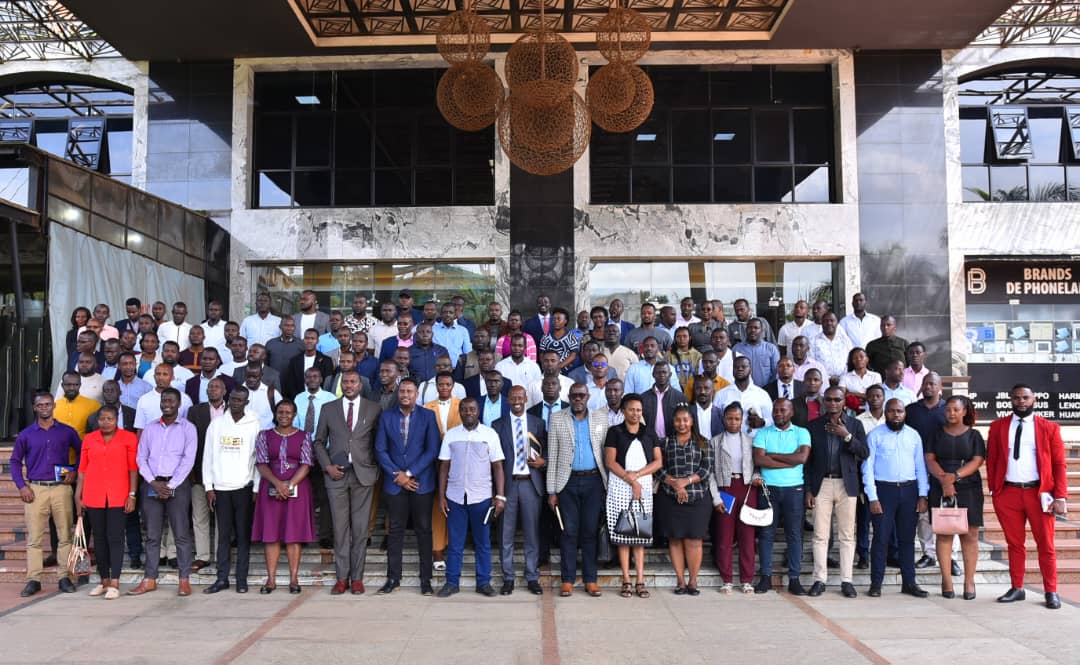Kampala: The Money Lenders Association of Uganda (MLAU) has raised concerns over the potential economic impact of recently introduced lending rate caps, urging the government to reopen discussions on the policy. This comes as Uganda enters the Christmas season, a period traditionally marked by heightened borrowing for both personal and business needs.
Under Legal Notice No. 21 of 2024, issued by Finance Minister Matia Kasaija, money lenders are now restricted to charging a maximum interest rate of 2.8% per month, equivalent to 33.6% annually. While the regulation aims to protect borrowers, MLAU warns that it could have unintended consequences, including discouraging formal lending and driving some operators underground.
The Christmas Conundrum
Speaking on behalf of the MLAU, Chairperson Jonan Kandwanaho noted that the new policy could disrupt the flow of short-term credit, which is vital during the holiday season and the subsequent school fees period.
“Christmas is a time when borrowing spikes, as families and businesses prepare for celebrations and the new year. Unfortunately, the restrictive lending cap, introduced without sufficient notice, threatens to reduce the availability of credit,” said Kandwanaho.
The MLAU leader warned that reduced lending activity could hurt the economy and diminish government tax revenues. “The reduced transactions in our sector, which traditionally facilitates small businesses, farmers, and market vendors, will have ripple effects across the economy,” he added.
The Critical Role of Money Lenders
According to the Uganda Microfinance Regulatory Authority (UMRA), as of September 2023, 1,302 licensed money lenders had extended loans to 2.5 million customers, with an outstanding portfolio of UGX 1.2 trillion. These loans enable market vendors to stock inventory, farmers to purchase seeds and fertilizers, and transport operators to maintain their vehicles—activities crucial to Uganda’s economy.
“Our services are a lifeline for many who cannot access traditional banking systems. By offering quick and flexible loans, we empower individuals and businesses to seize opportunities and meet urgent needs,” Kandwanaho explained.

MLAU also highlighted its role in advancing financial inclusion, a cornerstone of Uganda’s economic growth and poverty reduction efforts.
Balancing Regulation and Growth
While acknowledging the need for regulation, MLAU stressed the importance of balancing borrower protection with the realities of the lending market. The association expressed concern that capping rates too low could disincentivize lending, forcing some operators to withdraw from the market.
“Constructive dialogue is key,” Kandwanaho stated. “We recognize the government’s intention to protect borrowers, but this policy risks achieving the opposite by pushing some lending activities into unregulated and potentially exploitative territory.”
The association also pledged to work with the government to address unethical practices within the sector, emphasizing its commitment to high standards of integrity.
Looking Ahead
The MLAU is urging the government and regulators to revisit the rate cap policy and consider its broader implications. It proposes a collaborative approach to crafting regulations that support both ethical lending and economic growth.
“We are committed to improving industry standards and addressing concerns about rogue actors. At the same time, we must ensure that legitimate, ethical lenders can continue supporting the economy, especially during peak borrowing seasons like Christmas,” Kandwanaho said.
A Call for Collaboration
As Uganda’s financial ecosystem navigates these regulatory changes, MLAU insists that constructive engagement with stakeholders is the best path forward. By refining the policy and ensuring a sustainable lending environment, the government and MLAU can safeguard Uganda’s financial future and ensure that millions of borrowers continue to access the credit they need.
“With the right policies and cooperation, we can maintain a vibrant lending sector that uplifts communities and drives economic growth, particularly during critical seasons like this one,” Kandwanaho concluded.
This call for dialogue underscores the delicate balance between regulation and economic vitality as Uganda heads into a pivotal holiday season.
![]()




























